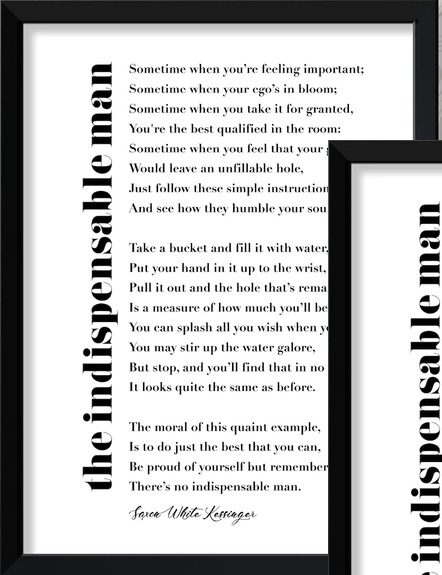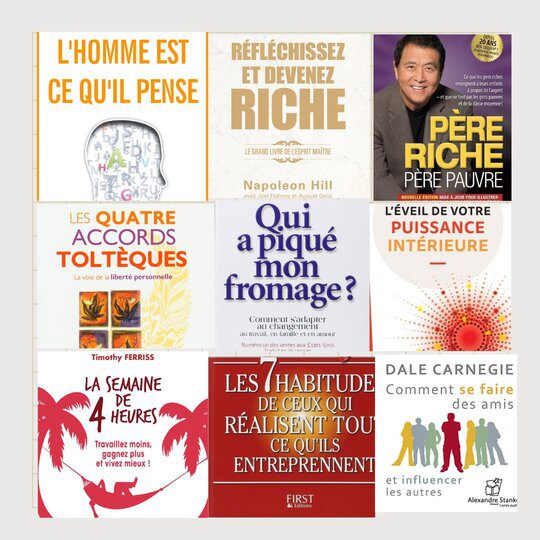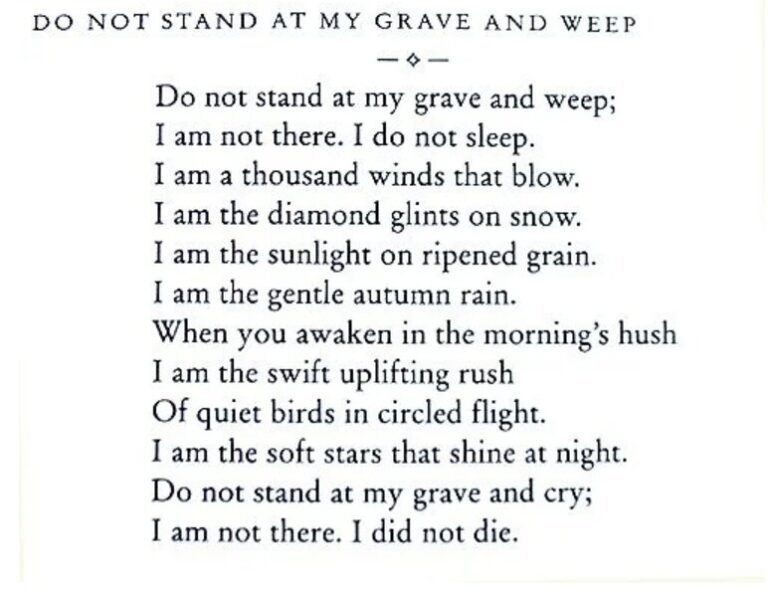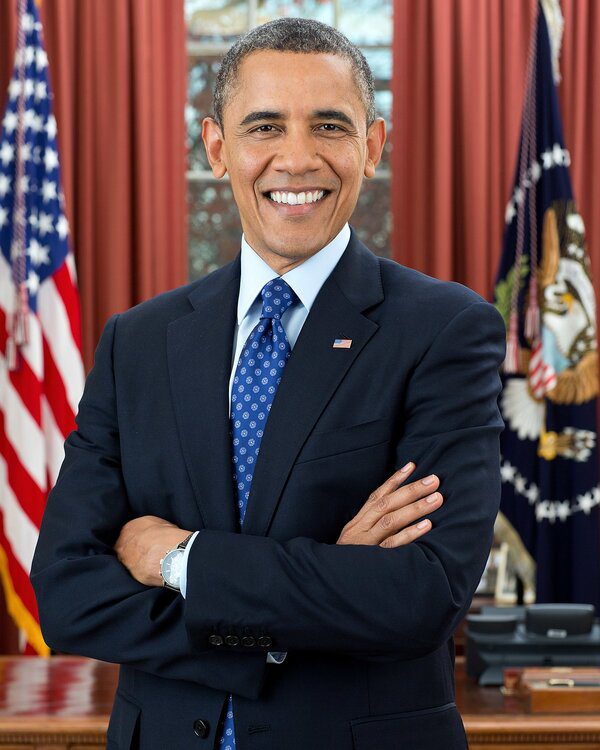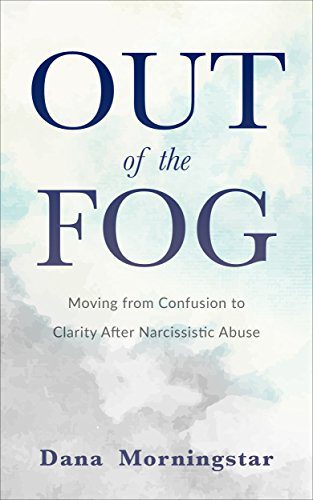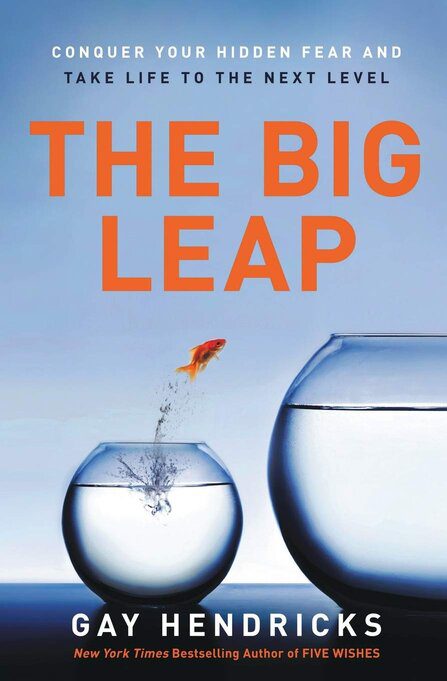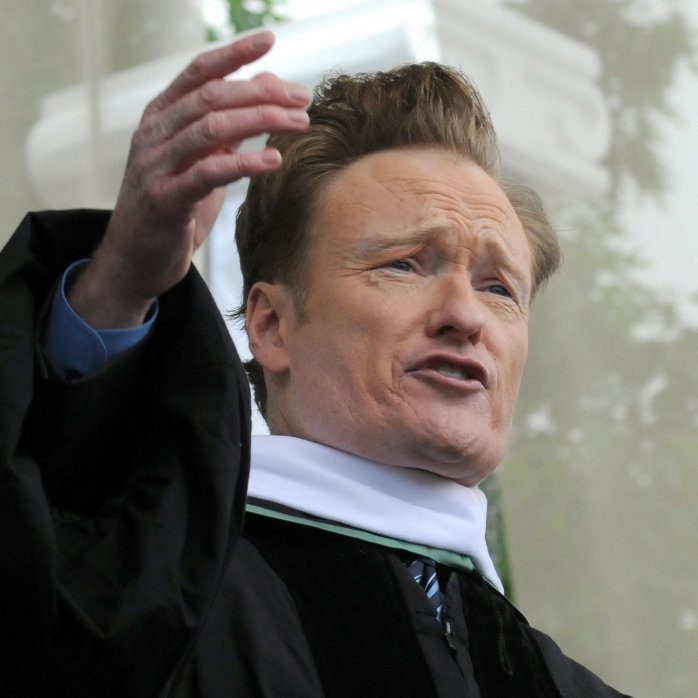The Zen master’s dog loved his evening walks with his master. The dog would run to fetch a stick, then run back to the master, and wait eagerly for the next round.
One day, the Zen master decided to take one of his favorite disciples. He was the brightest of his disciples. He was intelligent and so rational that he was troubled by the contradictions in Buddhist doctrine.
‘You must understand,’ said the master, ‘that words are only guideposts. Never let the words or the symbols get in the way of truth. Here, I will show you.’
Having said that, the master called his dog.
‘Fetch me the moon,’ said the master and pointed to the full moon.
‘Where is my dog looking?’ asked the master to his bright disciple.
‘He’s looking at your finger,’ replied the boy.
‘Exactly. Don’t be like my dog,’ said the master, ‘Don’t confuse the pointing finger with the thing that is being pointed at. The Buddhist words are simply guideposts. Every man fights his way through other men’s words to find his own truth.’
Moral of the Story
It would be best if you found your truth by discernment; religious texts, articles, books, and other materials are guideposts for enlightenment. As per the story above, focus on the moon, not the pointing finger, your purpose (intention), and not necessarily the process. Your path differs from where you are headed or your reason for going there. There are usually multiple paths to reaching your goal; the journey is the reward. Don’t get caught up in reaching your goal; you lose sight of your ultimate aim.
“If you want to run, run a mile. If you want to experience a different life, run a marathon.”
In 26 Marathons: What I Learned About Faith, Identity, Running, and Life from My Marathon Career, four-time Olympian and marathoner Meb Keflezighi shares the life lessons he’s learned from each of the twenty-six marathons in his running career.
The book is organized by marathon, one per chapter, presented chronologically. The lessons cover everything that contributed to my success, which is to say pretty much everything imaginable—pacing and race tactics, family and faith, nutrition and training, mental toughness and goal setting.
Sometime when you’re feeling important;
Sometime when your ego ‘s in bloom;
Sometime when you take it for granted,
You’re the best qualified in the room.
I started experimenting with the Magazine reading challenge in 2021 and I have not really been consistent with reading the magazines weekly. I read 28 in 2021, 10 in 2022 and I aiming for more consistency in 2023.
Goal: Read 50 digital magazines by December 31st, 2022.
Strategy: Read one magazine per week.
Goal: Read 50 French Books by December 31, 2023
Theme: Non-Fiction, Entrepreneurship, Biographies, Personal Development
Strategy: Re-read my English books in French; read One book per week.
The Immortality poem is often attributed to Kansas native Clare Harner (1909–1977), who wrote the poem shortly after the sudden death of her brother. The poem first appeared in the December 1934 issue of The Gypsy poetry magazine.
Barack Hussein Obama II was born on August 4, 1961, in Honolulu, Hawaii. Obama served as the 44th president of the United States from 2009 to 2017. He is the first African-American president of the United States and a member of the Democratic Party. Obama had previously served as a U.S. senator from Illinois from 2005 to 2008 and as an Illinois state senator from 1997 to 2004.
Early Childhood
Barack Hussein Obama Jr. was born on August 4, 1961, in Honolulu, Hawaii. He was named after his father, Barack Hussein Obama Sr., Kenyan senior governmental economist who met Obama’s mother, Stanley Ann Dunham, while they were both students at the University of Hawaii. Obama Sr. got a scholarship through a special program to attend college in the United States. His parents married in 1961 and their union was dissolved in 1964.
Obama Sr. won a scholarship for a graduate fellowship in economics at Harvard University. He travelled to Cambridge, Massachusetts alone as the scholarship was not sufficient to support a family. After his degree, he returned to Kenya in 1964 to start work as a government economist.
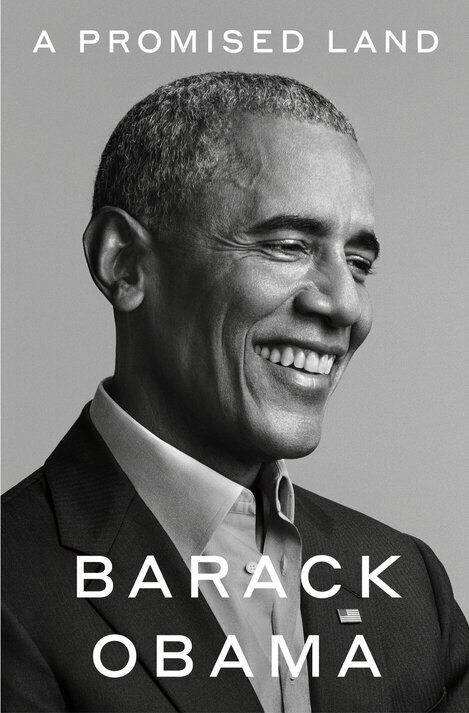
Writing about his father in his autobiography, A Promised Land, Obama writes:
“Since I didn’t know my father, he didn’t have much input. I vaguely understood that he had worked for the Kenyan government for a time, and when I was ten, he travelled from Kenya to stay with us for a month in Honolulu. That was the first and last I saw of him; after that, I heard from him only through the occasional letter, written on thin blue airmail paper that was preprinted to fold and address without an envelope. “Your mother tells me you think you may want to study architecture,” one letter might read. “I think this is a very practical profession, and one that can be practiced anywhere in the world.”
“I DO KNOW that sometime in high school I started asking questions—about my father’s absence and my mother’s choices; about how it was I’d come to live in a place where few people looked like me”
In 1964, Obama’s mother met Indonesian oil company executive Lolo Soetoro in Hawaii, and they were married in 1967. The family left Hawaii and moved to Indonesia when Obama was six. He spent his early childhood in Indonesia. His half-sister Maya was born in Indonesia in 1970.
In 1971, the ten-year-old Obama was sent back to Hawaii to live with his maternal grandparents and attend Punahou, an elite college preparatory school to which he had attained a scholarship with his grandparents’ help.
“Despite the financial strain, she and my grandparents would send me to Punahou, Hawaii’s top prep school. The thought of me not going to college was never entertained. But no one in my family would ever have suggested I might hold public office someday. If you’d asked my mother, she might have imagined that I’d end up heading a philanthropic institution like the Ford Foundation. My grandparents would have loved to see me become a judge, or a great courtroom lawyer like Perry Mason.”
Education and Early Career
After two years at Occidental College in Los Angeles, he transferred to Columbia University, where he studied political science and international relations. Following graduation in 1983, Obama worked in New York City, then became a community organizer on the South Side of Chicago, coordinating with churches to improve housing conditions and set up job-training programs in a community hit hard by steel mill closures.
“MY INTEREST IN books probably explains why I not only survived high school but arrived at Occidental College in 1979 with a thin but passable knowledge of political issues and a series of half-baked opinions that I’d toss out during late-night bull sessions in the dorm.”
Columbia University
“After my sophomore year, I transferred to Columbia University, figuring it would be a new start. For three years in New York, holed up in a series of dilapidated apartments, largely shorn of old friends and bad habits, I lived like a monk—reading, writing, filling up journals, rarely bothering with college parties or even eating hot meals. I got lost in my head, preoccupied with questions that seemed to layer themselves one over the next. What made some movements succeed where others failed? Was it a sign of success when portions of a cause were absorbed by conventional politics, or was it a sign that the cause had been hijacked? When was compromise acceptable and when was it selling out, and how did one know the difference?”
For three years in New York, holed up in a series of dilapidated apartments, largely shorn of old friends and bad habits, I lived like a monk—reading, writing, filling up journals, rarely bothering with college parties or even eating hot meals.
Harvard Law School
“And so it was that in the fall of 1988, I took my ambitions to a place where ambition hardly stood out. Valedictorians, student body presidents, Latin scholars, debate champions—the people I found at Harvard Law School were generally impressive young men and women who, unlike me, had grown up with the justifiable conviction that they were destined to lead lives of consequence. That I ended up doing well there I attribute mostly to the fact that I was a few years older than my classmates. Whereas many felt burdened by the workload, for me days spent in the library—or, better yet, on the couch of my off-campus apartment, a ball game on with the sound muted—felt like an absolute luxury after three years of organizing community meetings and knocking on doors in the cold.”
“Enthusiasm makes up for a host of deficiencies, I tell my daughters—and at least that was true for me at Harvard. In my second year, I was elected the first Black head of the Law Review, which generated a bit of national press. I signed a contract to write a book. Job offers arrived from around the country, and it was assumed that my path was now charted, just as it had been for my predecessors at the Law Review: I’d clerk for a Supreme ”
In 1990, Obama became the first African American president of the Harvard Law Review. After graduating from Harvard, he returned to Illinois to teach constitutional law at the University of Chicago and begin a career in public service, winning seats in the Illinois State Senate and the United States Senate.
All the best in your quest to get better. Don’t Settle: Live with Passion.
A Vision Board is a visual representation of your goals. It is a collage of all the things you want to get done, places you want to visit, and goals you want to achieve. It is a tool recommended by some of the most successful people in the world such as Oprah Winfrey, Reese Witherspoon, Steve Harvey, John Assaraf, and Jim Carrey among others. By Visualizing your goals, you impress them on your subconscious mind but you have to first set the goals and write down your goals. As author Napoleon Hill said in his 1937 book, Think and Grow Rich “Whatever your mind can conceive and believe, it can achieve.”
Be careful what you ask for, you might get it. Our belief system drives our behavior. By impressing your goals on your mind constantly, and seeing your goals continuously, you stand a greater chance of achieving them. One of my favorite examples of the power of visualization is from a story shared by Comedian Jim Carrey. In a 1997 interview with Oprah Winfrey, Carrey described how he used visualization to earn $10 million through a check he had written earlier for services rendered.
With more than 60 combined years of elite rock climbing experience, Alex Honnold and Tommy Caldwell have scaled some of the largest—and most extreme—walls in the world. Now the stars of Free Solo and The Dawn Wall teamed up to share their tried-and-true techniques for tackling any wall. From the fundamentals of footwork and body and hand positioning to mental exercises and advanced holds and movements, you’ll learn how to take on new challenges and push yourself further on and off the wall.
The Salutation to the Dawn poem is often attributed to Classical Sanskrit author Kalidasa. In his book: How to Stop Worrying and Start Living, author Dale Carnegie writes:
John Ruskin had on his desk a simple piece of stone on which was carved one word: TODAY. And while I haven’t a piece of stone on my desk, I do have a poem pasted on my mirror where I can see it when I shave every morning—a poem that Sir William Osier always kept on his desk—a poem written by the famous Indian dramatist, Kalidasa:
In psychoanalytic theory, the taking of one’s own ego or body as a sexual object or focus of the libido or the seeking or choice of another for relational purposes on the basis of his or her similarity to the self. 1 A little bit of narcissism is needed for self-belief and self-confidence. Too much obsession with one self is what leads to malignant and grandiose narcissism.
It’s not that we heal and then we start living again, it’s that we make thedecision to start living again, and that’s when we start to heal.
In Out of the Fog, licensed psychotherapist, Dana Morningstar compares and contrasts healthy and unhealthy behaviors, strategies for getting out of the fog of confusion in abusive relationships, and into the clarity of building healthy relationships. Dana does a great job comparing and contrasting what a good, normal, healthy relationship is and what crazymaking, abusive, manipulative relationships look like. If you have been in a relationship with a narcissist, psychopath, sociopath, and other personality disordered individuals, you would relate to most of the behaviors and characteristics of the emotionally manipulative.
In the The Big Leap, author Gay Hendricks shows the readers how to go beyond their internal limits, release outdated fears and learn a whole new set of powerful skills and habits to liberate their authentic greatness.
Favorite Takeaways – The Big Leap by Gay Hendricks.
Conan O’Brien, American television host, comedian, writer, podcaster, and producer. He is best known for hosting the late-night talk shows Late Night with Conan O’Brien, The Tonight Show with Conan O’Brien, and since 2010, Conan on the cable channel TBS. Before his hosting career, he was a writer for Saturday Night Live and The Simpsons.
Conan delivered the Commencement Address to the 2011 graduating students at Dartmouth.

